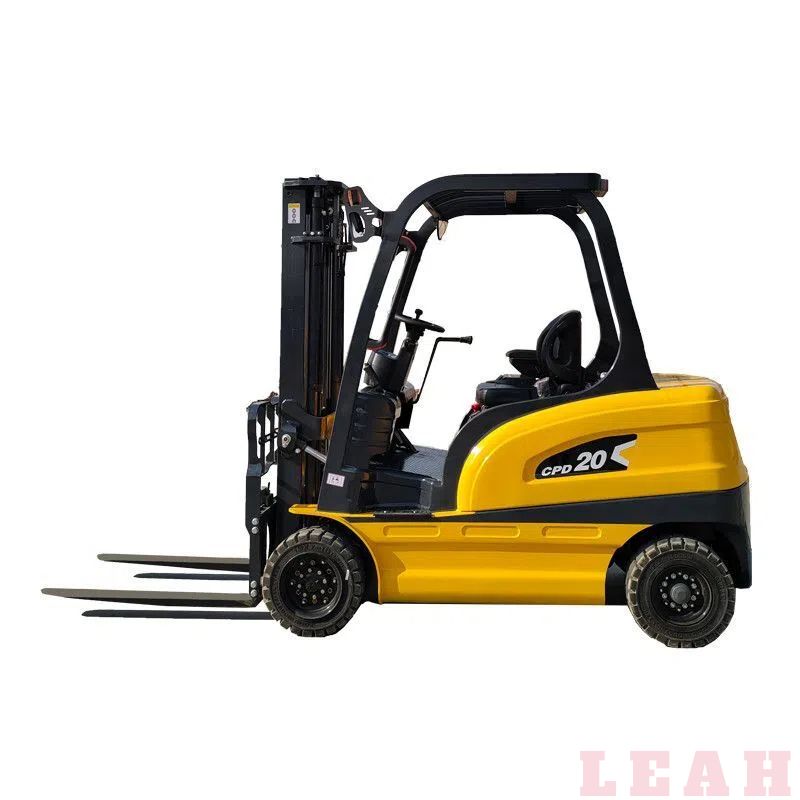The growth of the electric forklift market scale is the result of the combined effects of multiple factors such as policies, technology, and market demand, with details as follows:

Strong Policy Support
The global "dual carbon" goals (carbon peaking and carbon neutrality) are driving the electrification replacement of logistics equipment. For example, 10 provinces and cities in China have introduced special subsidy policies, and the Ministry of Finance provides a 13% value-added tax (VAT) deduction benefit for the purchase of electric forklifts. The Stage V emission standards implemented by the European Union since 2024 have increased the operating costs of diesel forklifts, forcing enterprises to accelerate the electrification replacement process. In the North American market, giants like Amazon and Walmart, affected by supply chain localization policies, have committed to completing the full electrification transformation of their warehousing equipment by 2026.
Reduced Operating Costs
With the improvement of the lithium - ion battery industry chain, the production cost of
electric forklifts has decreased, forming a price parity between electric and fuel - powered forklifts. Moreover, the operating cost of
electric forklifts is even lower, which has attracted a large number of enterprises to choose electric forklifts instead of internal combustion forklifts.
Significant Technological Progress
The development of battery technology has enhanced the endurance capacity and operational efficiency of electric forklifts. For instance, the energy density of lithium iron phosphate batteries has been improved, and fast - charging technology has greatly increased the charging efficiency. At the same time, the integration of intelligent technologies has enabled functions such as remote monitoring and fault diagnosis. Through intelligent dispatching systems, the empty - running rate can be reduced by 30%, which improves operational efficiency and safety, making electric forklifts more competitive in the market.
Growing Market Demand
The scale of e - commerce and warehousing logistics is expanding rapidly, and the layout of distribution centers and warehouse networks is continuously being densified, leading to a sharp increase in demand for efficient and environmentally friendly material handling equipment. Meanwhile, the automation upgrade in the manufacturing industry and the rising penetration rate of industrial robots and automated logistics equipment have directly driven the supporting demand for electric forklifts, and the demand for high - tonnage electric forklifts has also increased accordingly.
Enhanced Environmental Awareness
Enterprises are more inclined to
adopt electric forklifts to achieve carbon emission reduction and Environmental, Social, and Governance (ESG) goals. Additionally, many countries and regions have issued strict environmental regulations, prohibiting the use of diesel forklifts indoors and strengthening emission control, which has prompted enterprises to choose clean and low - noise
electric forklifts.

